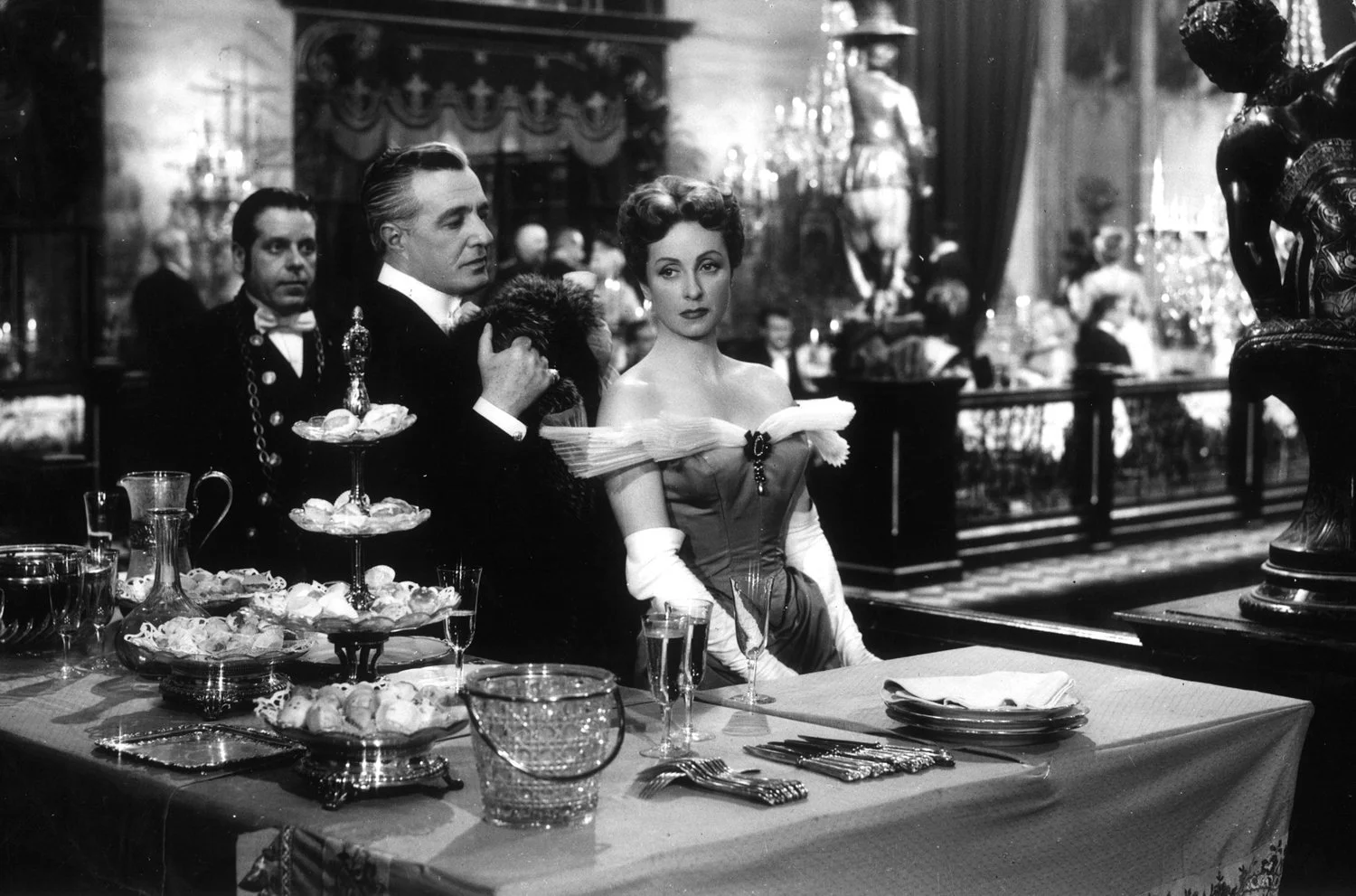Scarecrow
Released 1973, directed by Jerry Schatzberg
In his short, smart write-up of the film, Robert Ebert places Scarecrow in the tradition of Easy Rider and Midnight Cowboy; and notes that a convention these all share is that we the audience know the characters better than they know themselves. This is fertile ground for irony, even as none of these films are truly biting - if anything, by being films and not novels, they are able to extend a greater sympathy to their self-blind, inarticulate protagonists, who on the page would suffer from the intrusive probing of the text. In Scarecrow we follow two drifters, Lionel (Al Pacino) and Max (Gene Hackman), as they make their way from California to Pittsburg. Each has a goal. Max has been in prison, but has some money squirrelled away and wants to open a car wash. Lionel has been in the navy for the past five years, has a child he’s never seen, and wants to make amends. We do know these characters better than they know themselves; in fact we know them on an even deeper level, as archetypes. And thus we know that for them to express any long-term goal is to immediately guarantee that it will never come about. The irony is so iron-clad that it inverts itself – were the film to end with Max happily scrubbing cars and Lionel a doting family man, some further, truer sense of irony would be accomplished than is by the expected, down-beat denouement.
There are two philosophical ideas, or areas of work, being examined in this film, one overtly and the other under deep cover. Overt is the debate: should a man respond to a hard, cruel world with humor or anger? It’s a wonderful question, which in its presumed limits is a mirror to the characters asking it; and I would like to see more films with such a specific avenue of inquiry. Lionel comes down on the side of humor. As played by Pacino he is a slight, try-hard, uncharismatic clown; he has enough wisdom to be funny, but not enough strength of character – he goes for cheap laughs, and you get the sense that he’s a man formed by never hearing anything but cheap laughter. Max, on the other hand, is that Hackman specialty, someone with a rigid cocksure code at odds with a society perceived as lax. Here the code is simply that any perceived insult must be met with a greater insult, and the implied spiral to murder hangs over the film throughout. Lionel – who spells this all out in a speech so refreshingly direct it feels almost avant-guard – likens his approach to life as that of a scarecrow which, rather than scaring crows, is so disarmingly funny that they freely choose to abstain from his field; he wants to convert Max. Max, who dresses in multiple layers of clothing, shirt after shirt topped by a dirty varsity jacket (his armor…), is not convinced. The tension is: will Lionel win him over before Max kills someone? The tension is not: will Max and Lionel open up a carwash together and live happily ever after?
Under cover, this is a film about failure under two different moral systems. Lionel is a utilitarian, who we see throughout trying to find mutually optimal solutions to difficult circumstances; but without a set of firm rules to live by he is vulnerable to cowardice and lacks purpose. He fled from a pregnancy, and his ongoing enablement of Max is unjustified. Max is a deontologist. He has a moral code. But the code is clearly faulty, and his ability to interpret it suspect – as his sister tells Lionel, “Max is dumb”. What is needed is for Lionel to become more rule-based, and for Max to gain flexibility and nuance. Late in the film we see this synthesis being achieved, in a scene that also fuses the film’s two philosophical concerns: Max, drawn into a barfight, and ready to fight, takes counsel from Lionel and defuses the situation with a striptease (He takes off his armor - I know).
Scarecrow is very post-60s Americana; it opens on a field of gold, but the landscape is not inviting. The gold is of arid grass and a cold dusty wind is blowing. The film begins without music, and I found myself trying to guess what the soundtrack would be, once it cut in. My money was on wistful fingerpicked acoustic guitar, but when it arrives the style is more specific to the era, the kind of woozy boogie-woogie that signals decay and that died out around 1975. Lionel and Max are poor (both Pacino and Hackman experienced periods of real poverty early in their careers), and the landscape they travel through is all railyards and wilderness and dimly lit bars, with the standard associated visual pleasures. The society they move in is rough, but in contrast to the current day highly communal (also very white). The film’s emotional high point comes when they decide to drop Pittsburg, and settle with Max’s sister in Denver. This happens at a bar, and soon the entire clientel is mobilized to celebrate the decision, with a degree of solidarity and drive that makes you think union labor. But of course the celebration is premature - Lionel and Max don’t stay in Denver. They have a doomy mission to fulfill; to leave pleasantly off would be ironic, and this film is sincere.





